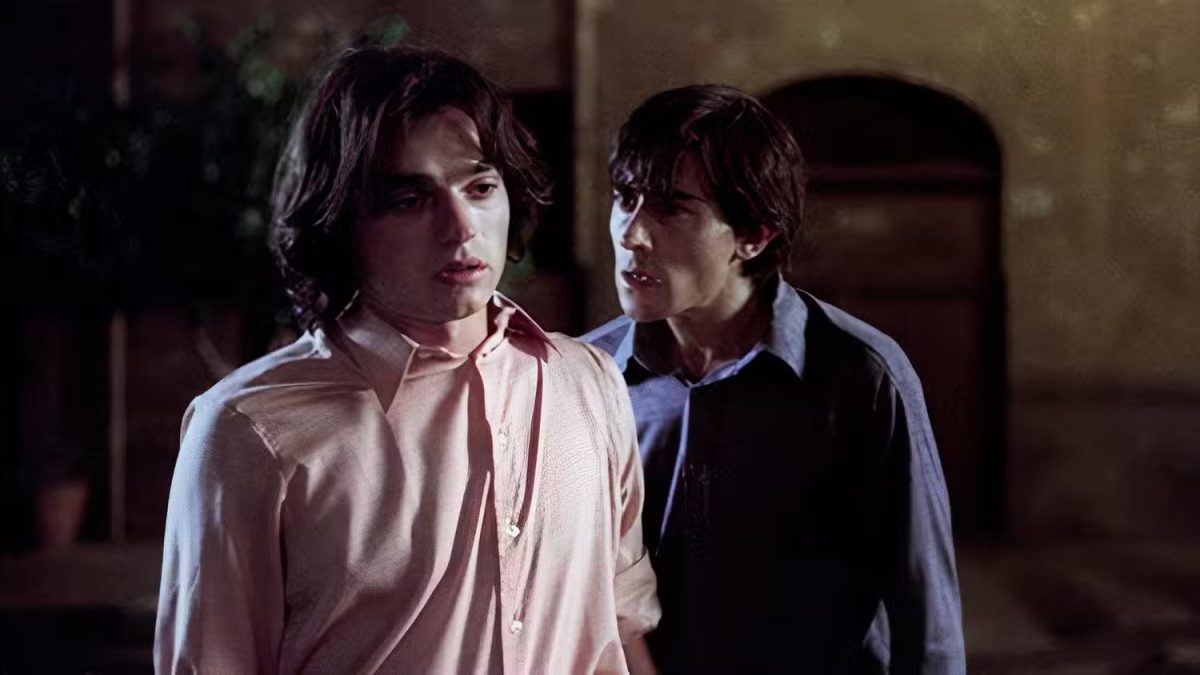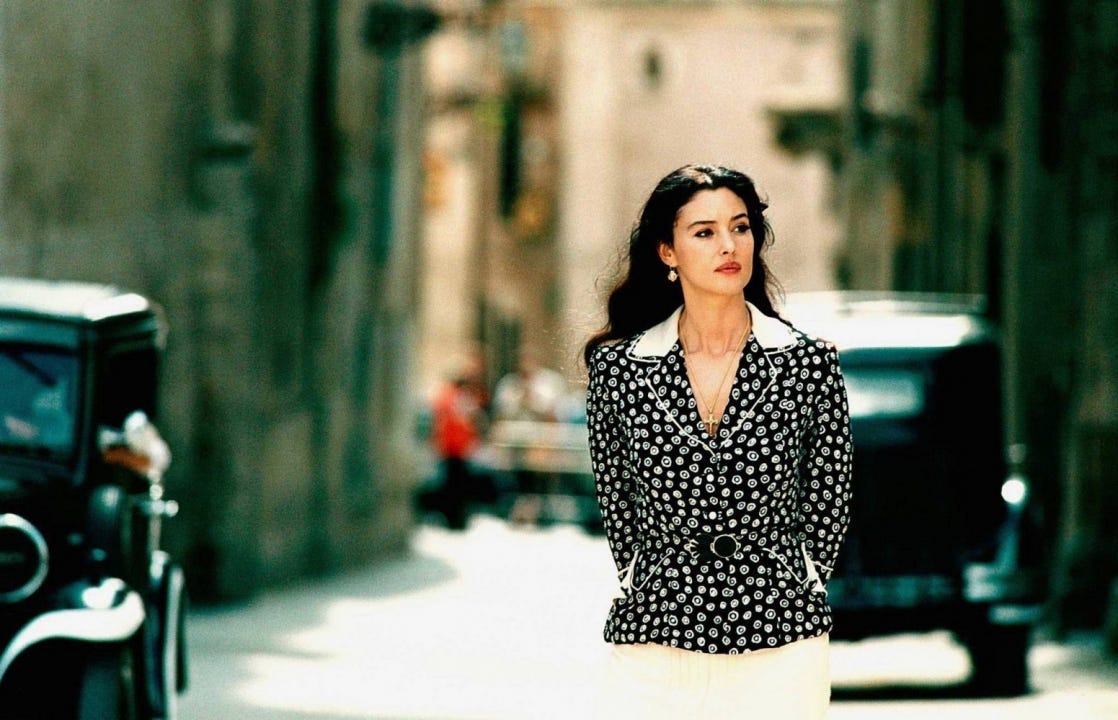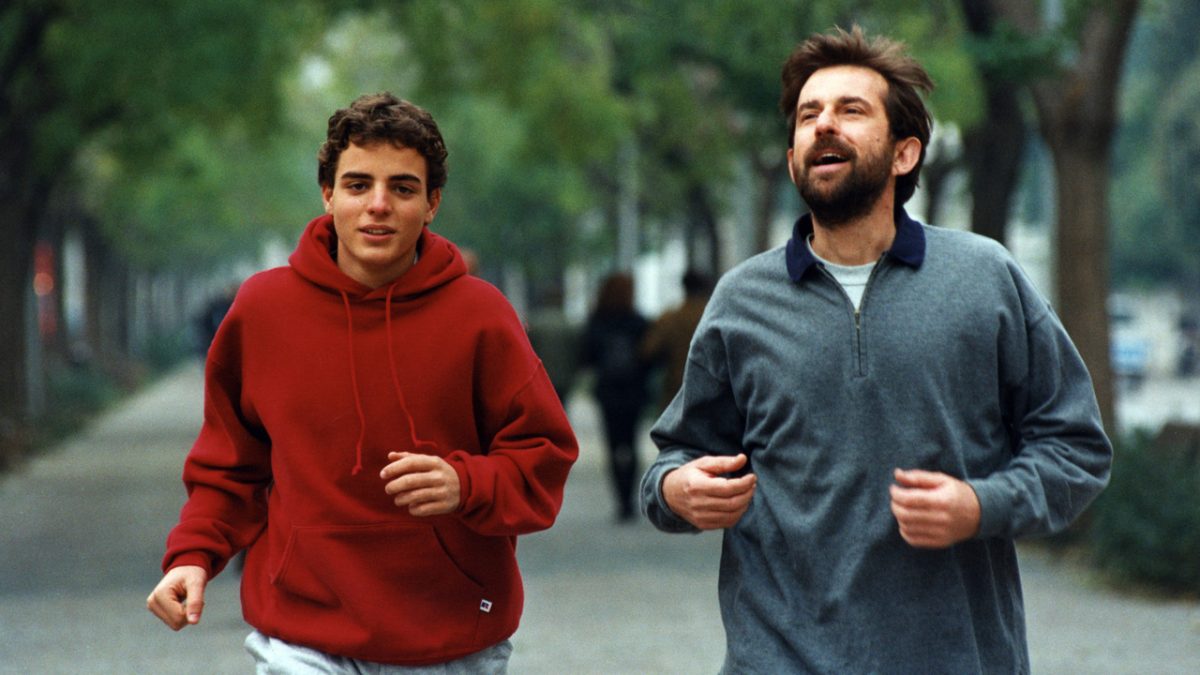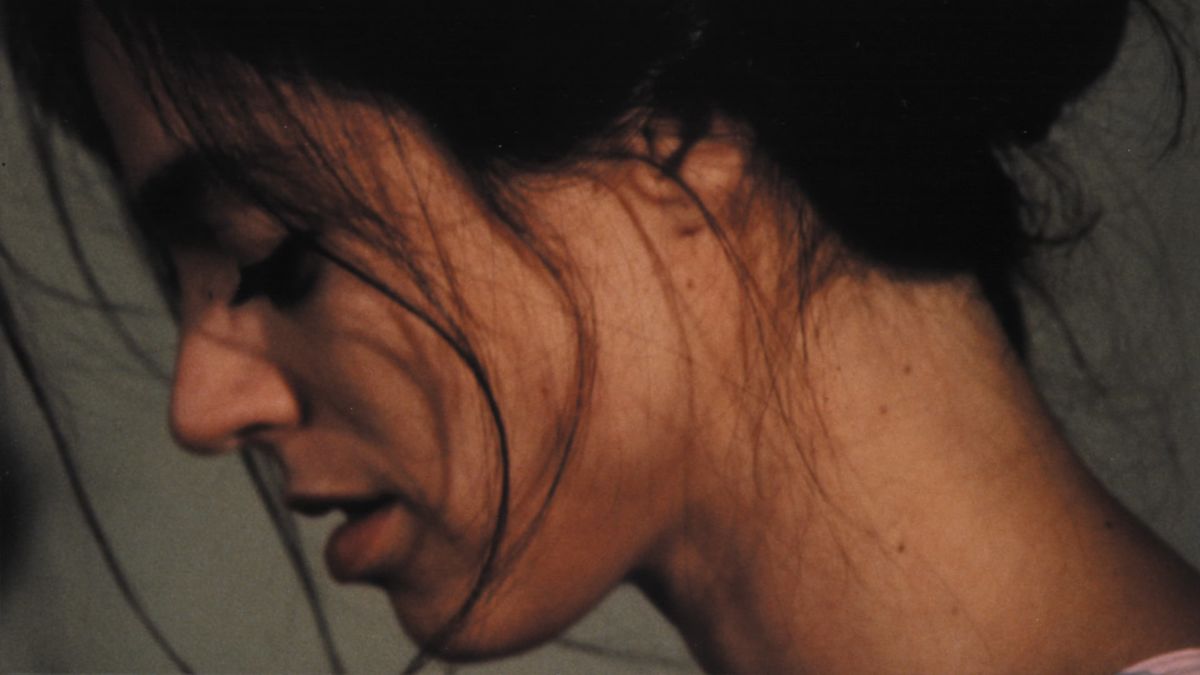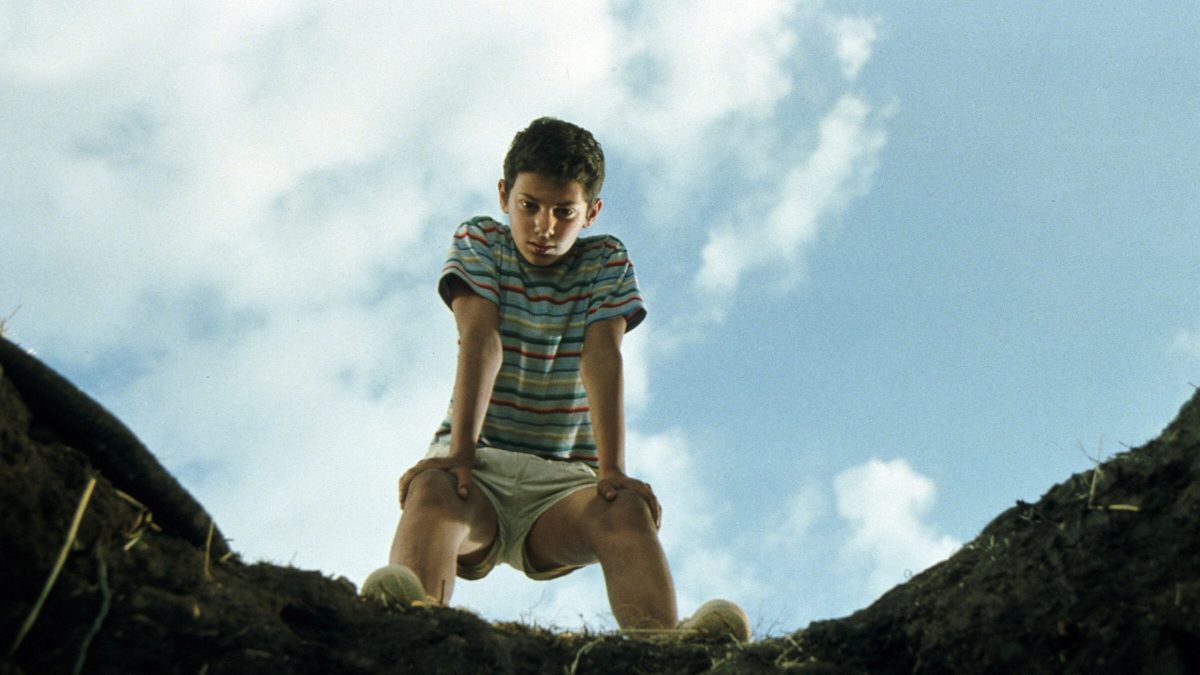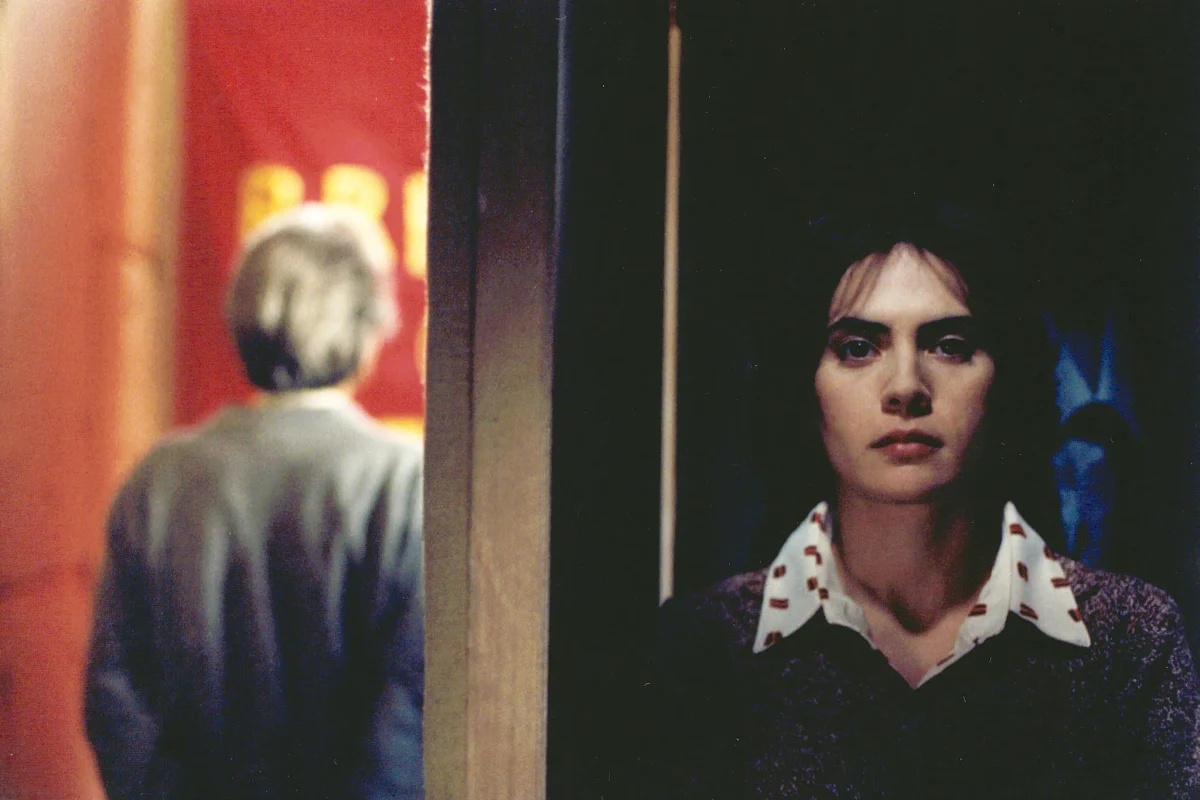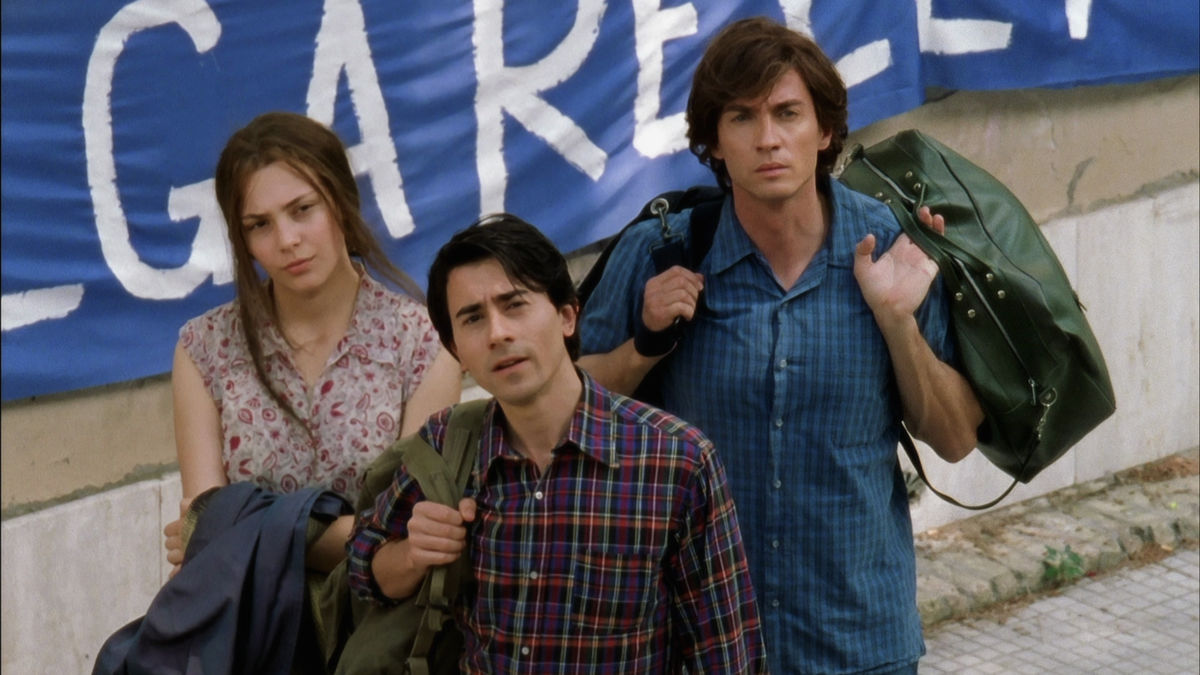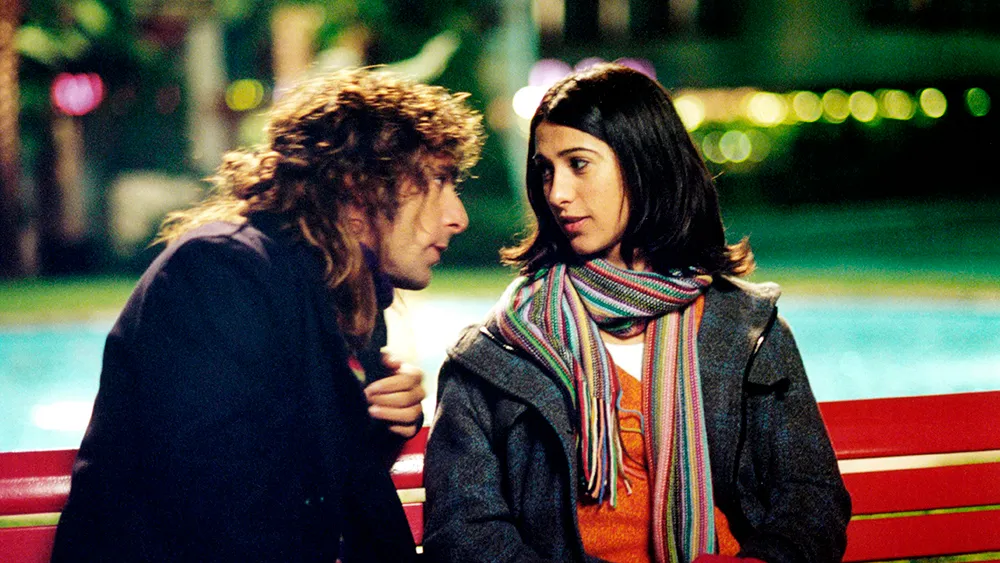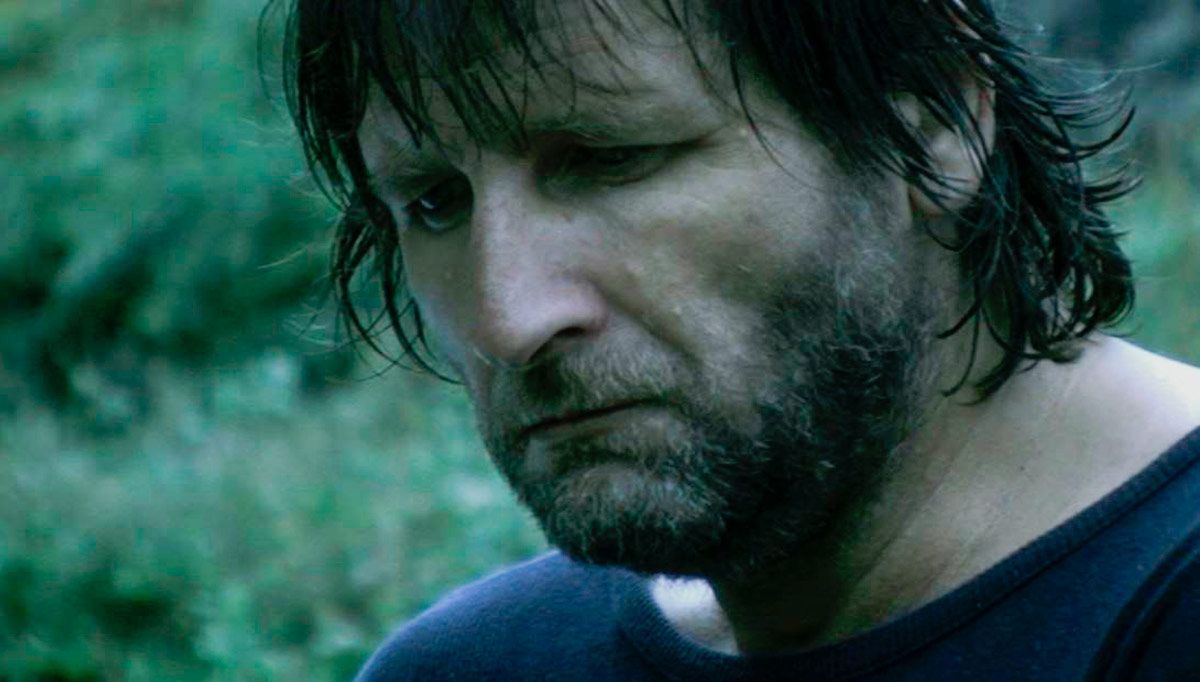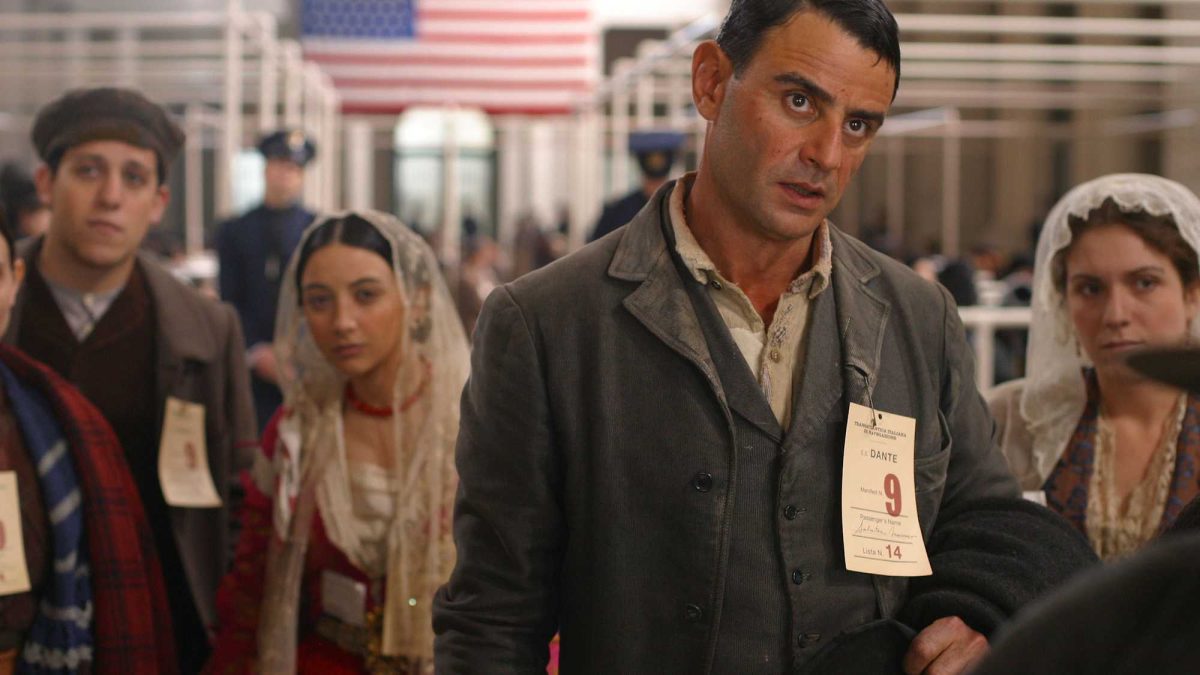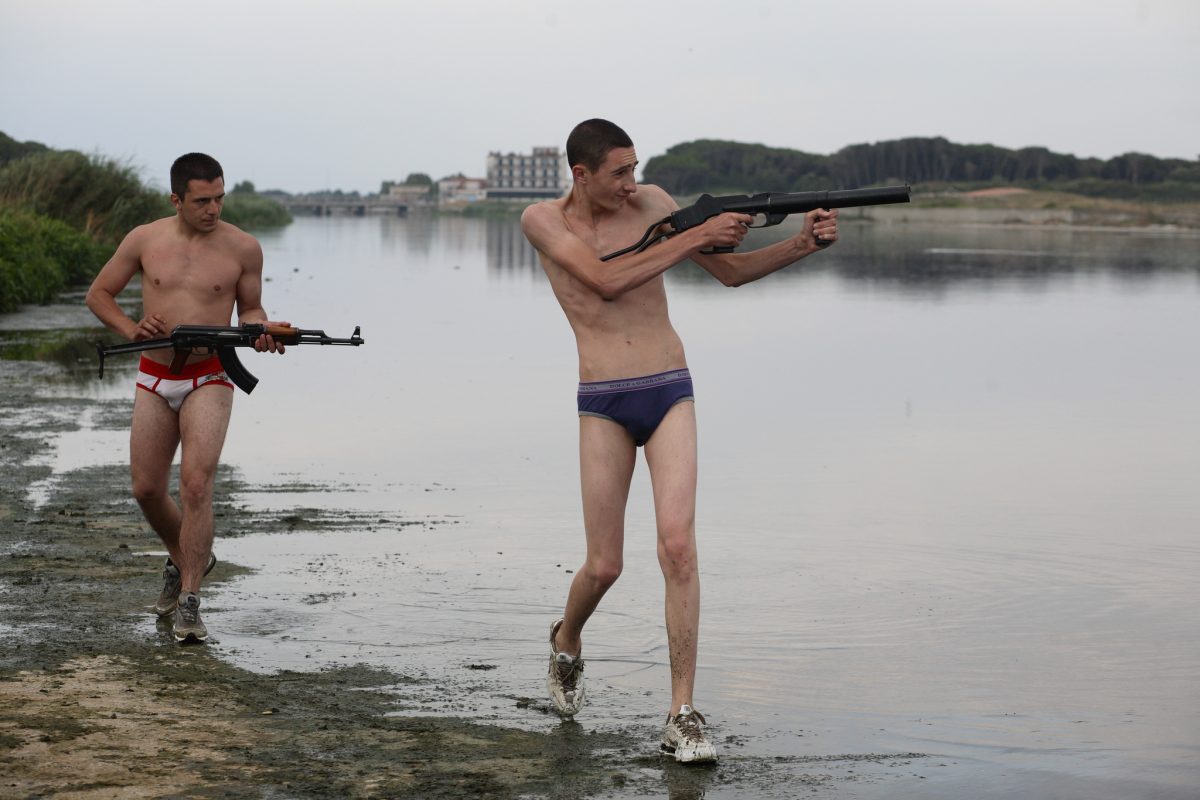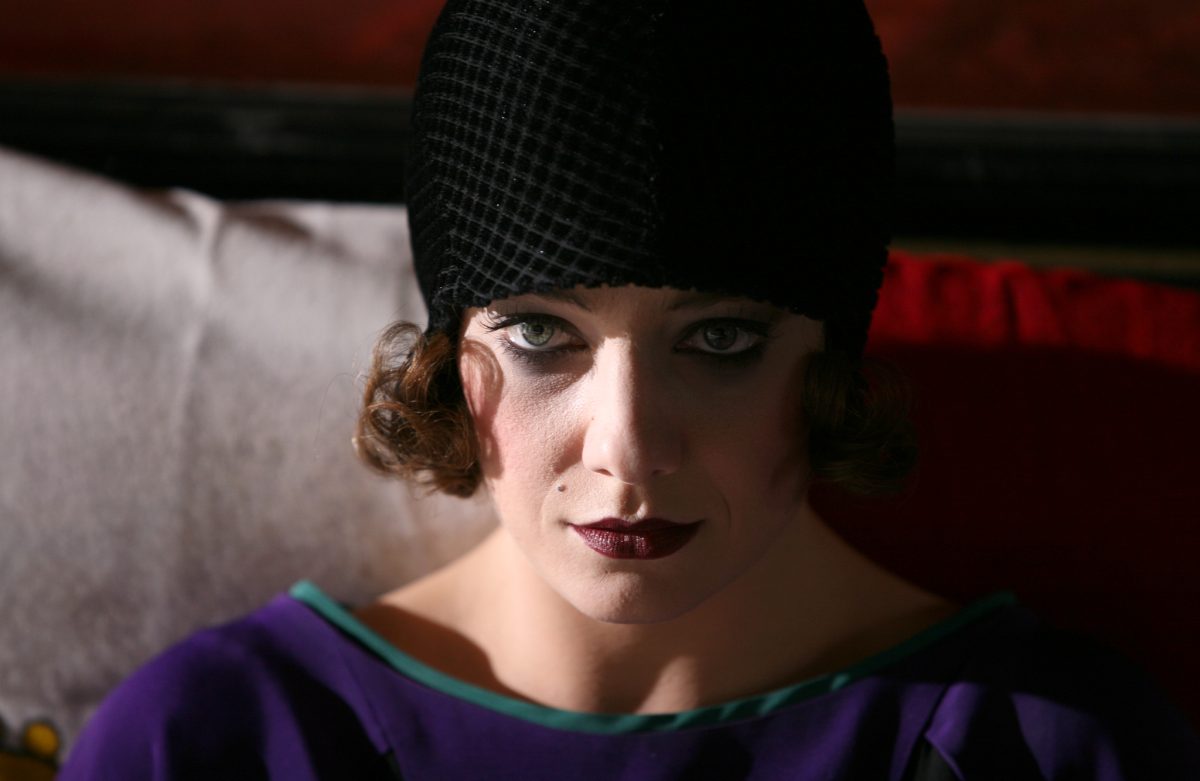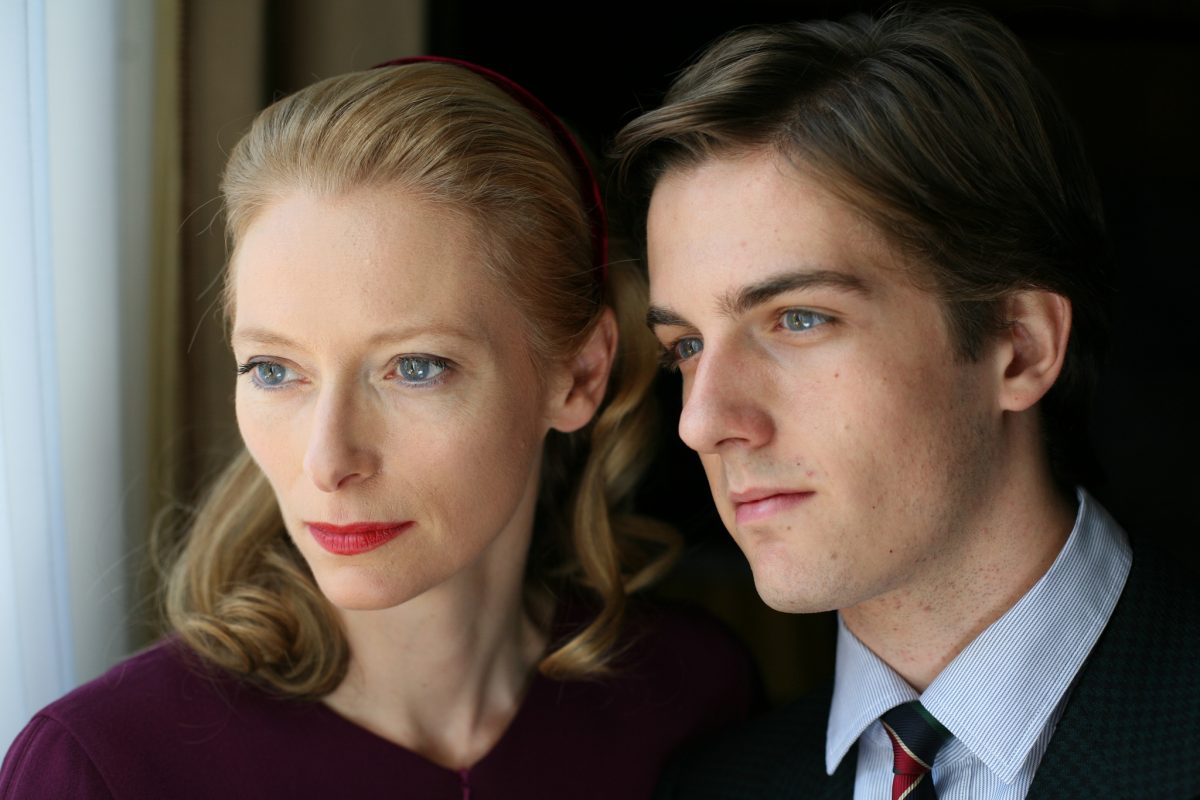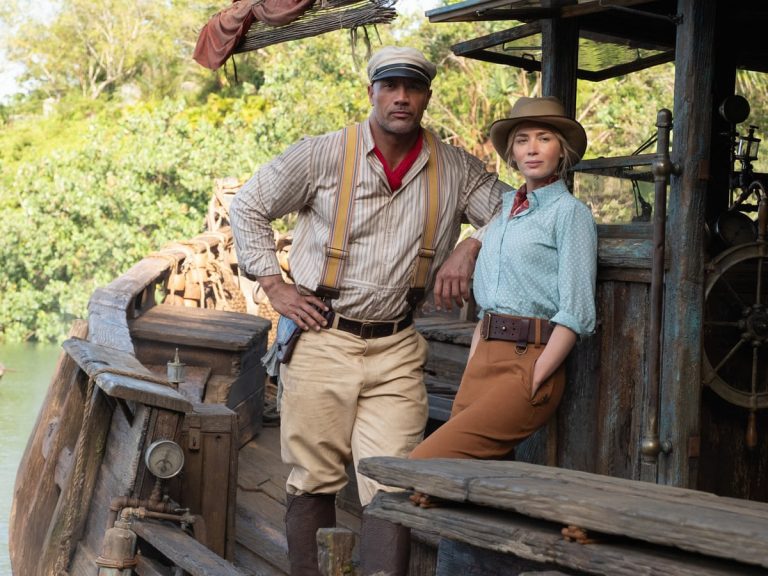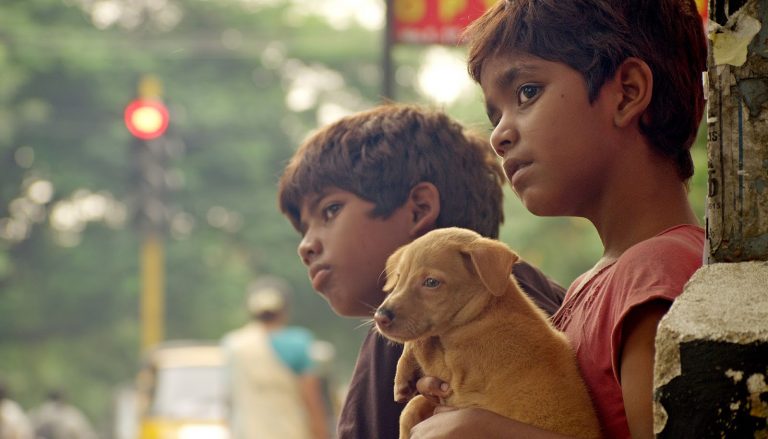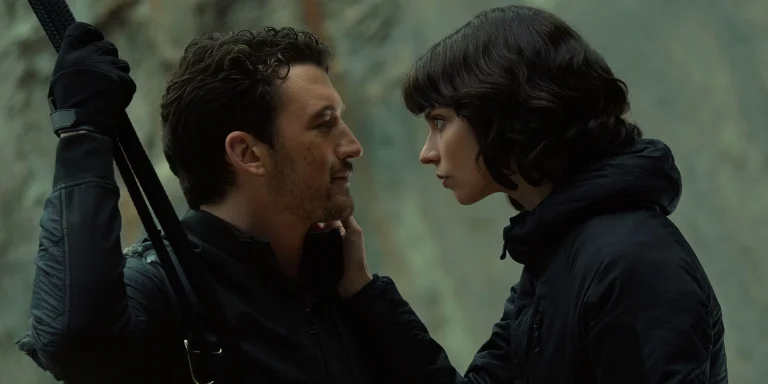There was a period when Italy became one of Europe’s major exporters of quality cinema. It was the time of all the greats (De Sica, Fellini, Rossellini, Pasolini, Antonioni). There was also Olmi, Bertolucci, Leone, Corbucci, Visconti, Scola, Petri, Bellocchio, Rosi, Taviani, Wertmuller, Argento, Fulci, Benigni, Balva, and the list goes on and on.
Come to think of it, looking at the list of names, I don’t think Italy was just one of the major exporters; they were arguably the biggest. So many icons, some of whom went on to reshape/revitalize entire genres like the Western. However, starting with the new millennium, I realized we got very few to no films that made much of a splash internationally or left a significant footprint.
Coming up with the following list was a bit of a struggle, if I am being honest. But it was a challenge that was very well rewarded, as I got to discover a collection of films directed by both “old” (like Cinema Paradiso’s Giuseppe Tornatore) and new voices, making these great and interesting films with various interesting subject matters. I managed to find a little bit of everything. You have a few, like “I’m Not Scared,” which took a spin on your average coming-of-age tale by adding an element of thriller. There are also two films supported by none other than Martin Scorsese, one of them being the one you probably have heard already, “Gomorrah,” a rather bleak portrayal of crime.
Without further ado, let’s start with this list of 13 of what I believe are must-see Italian movies from the first turn of the new millennium. Have you seen any of these films? Did you like it? Did I miss any? Be sure to let me know in the comments below!
1. One Hundred Steps (2000)
Peppino Impastato is no Henry Hill. For as long as he can remember, he has never wanted to be a gangster. Despite coming from a family with ties to the mafia and living very close to one of the big bosses, he feels such animosity toward them that he grows up to become one of their fiercest detractors. While other media in town flatter the crime bosses, he and a group of friends choose to rebel and start a pirate radio station where, through satirical and ironic humor—borderline mockery—he exposes the mafia and other forms of corruption.
I believe I’m not alone in saying the premise alone should make people give this a shot. I know there have been films with great premises that, unfortunately, never live up to them and fail in execution. Luckily, that’s not the case here. Sure, in terms of comedy, the movie never had me in stitches, but I was amused by the ways this man and his team inspire others—from speaking aloud what they had kept to themselves for fear of the consequences to even running naked on the beach.
There are also solid attempts at tension as the big bosses begin to notice the criticism and, unsurprisingly, are not fans. This aspect could have been better developed, though ultimately the film aims to entertain rather than keep audiences on the edge of their seats.
2. Malena (2000)
Brought to you by the same cinematic mind that gave us the enduring classic “Cinema Paradiso,” Giuseppe Tornatore delivers another quietly moving coming-of-age story set during the spring of WWII about a young Sicilian boy who becomes fixated on the titular character. She has become something of a Black Widow to some—an object of desire for many. Considering the character is played by none other than a young Monica Bellucci, it’s easy to understand the fascination.
But here she isn’t just there to stun everyone with her beauty; she also gets to show her acting skills, conveying so much pain and grief through small gestures. She barely gets to say a single word, yet this is one of those instances in which her actions speak louder than words. I liked how the film evolves—from a horny coming-of-age story about a boy’s sexual awakening to a more reflective tale in which he learns about life and matures. It earned Oscar attention for its score and cinematography, and those nods feel right—the music captures innocence and whimsy while never letting go of the film’s undercurrent of melancholy.
Cinematographically, the movie shines in its restraint: luminous train stations, shadowed rooms at Malèna’s house, sunlit exteriors that reveal as much about the characters as any close-up. Simple choices in lighting and framing amplify emotion, turning ordinary spaces into stages of longing. If you savor coming-of-age stories that mix beauty with bittersweet truth, this film is one you shouldn’t miss.
3. The Son’s Room (2001)
There’s a strong case to be made that nothing wounds as deeply as grief. A profound loss creates a hollowness that begins to consume a person, leaving a self that is slowly diminished and worn. What’s left behind is merely the dusty scaffolding of who they once were. Grief becomes even harsher when it arrives hand in hand with guilt—the nagging belief that we might have done something to prevent it. We were supposed to be with that person, and instead we chose something ordinary that now feels unbearably trivial.
That painful collision of loss and remorse sits at the heart of this quietly devastating story about parents forced to navigate the stages of grief after their son dies in a scuba-diving accident. The twist that haunts the narrative is simple and cruel: the father had planned to go jogging but stayed behind to see a patient. The father’s profession as a therapist deepens the irony. He continues to do the work he knows so well, folding himself into the role of listener: patients unburden their hearts while he practices professional composure, keeping his own agony at bay. He may manage a smile, but it never quite masks the pain underneath.
Performances across the board are exceptional, with Nanni Moretti offering one of his most restrained, affecting turns as he steps out of his familiar comic territory into a quieter dramatic register. Nicola Piovani’s score provides much of the film’s emotional ballast: its melancholic, luminous melodies gently but insistently trace the sorrow that hangs over every scene.
4. At the First Breath of Wind (2002)
A few rare directors and films take the term “motion picture” literally, conveying entire narratives not through spoken words, but through sheer imagery. For these projects, the visual flow and composition alone carry the weight, allowing images to ring louder than dialogue. Franco Piavoli’s “At the First Breath of Wind” is composed of beautiful vignettes with little to no dialogue. The film operates almost entirely as a reminiscence of life. While nowhere near the same level of mastery, much of Piavoli’s work echoes the visual poetry of titans such as Andrei Tarkovsky, in which images unfold like a lyrical meditation.
There is something stunningly haunting about the film, as a dream comes to life and performers convey so much through gesture and body language—the pain, the sadness, the joy, the melancholy. Its deliberate pacing, meticulous compositions, and hypnotic visual rhythm invite viewers to set aside conventional storytelling expectations and fully give in to sensation, nuance, and quiet emotional undercurrents—rewarding patience with a lasting cinematic impact.
The film is absolutely not for everyone; I can see many viewers becoming impatient and walking away early. But I would definitely say this is a work that rewards patience, and you will be moved if you allow yourself to be mesmerized.
Related to Best Italian Movies from the 2000s – Andrei Tarkovsky as an Existentialist Cinematic Philosopher
5. I’m Not Scared (2003)
This film is kind of an interesting beast —not the usual coming-of-age fare that leans into drama and comedy, but a story that tilts toward a paranoia-tinged thriller. We follow a young boy who, after stumbling across a hole in the ground, discovers a poor child who has been kidnapped. From that unsettling find, a tentative friendship born of curiosity begins to grow. But any rescue attempt is perilous: with every adult a potential suspect, trust crumbles, and the film’s simmering undercurrent of suspicion tightens its grip.
The performances are generally strong, led by Giuseppe Cristiano. His character’s arc is satisfying to watch—moving from an initially unlikeable child, following an early action, into the unlikely hero and sole hope for the captive boy. Cristiano carries an innocence that slowly chips away as he becomes entangled in the dangerous situation. The rest of the cast do their part well, selling the ambiguity of their roles so that viewers are never quite sure who can be trusted.
One pleasantly surprising strength is the cinematography. The use of lighting—particularly in the scenes down in the hole, where dark backgrounds make the figures stand out—helps to heighten an almost physical sense of unease. The open-field sequences are strikingly beautiful, creating a sharp and memorable contrast between the pastoral surface and the darkness buried beneath the earth.
6. Good Morning, Night (2003)
Watching this film, I couldn’t help but notice how kidnappings seemed woven into the fabric of the 1970s. It’s not that such events didn’t happen before or after, but the decade feels crowded with them—the alleged Patty Hearst abduction, the Munich Massacre, the D.B. Cooper hijacking are only a few of the headline-making cases that come to mind. At the heart of this film is another infamous episode: the kidnapping of former prime minister and leader of the Democrazia Cristiana party, Aldo Moro, by the Red Brigades.
Director Marco Bellocchio quietly orchestrates the suspense, letting it accumulate like winter fog. As the captors edge toward desperation, the pressure mounts—not in sudden jolts, but in a slow, inexorable tightening shaped by doubt and inward conflict. What grabbed me immediately was the film’s use of light. In scenes where the camera seems to curl up in a shadowed corner and we catch only a sliver of a character, the effect is voyeuristic: we feel like hidden witnesses, watching the drama unfold from the dark.
The closeups are particularly striking—faces lit from above and set against deep blackness, as if photographed for film noir or psychological horror—an approach that deepens the unease. The performances are uniformly compelling. They convey the corrosive emotions at play—sadness, fear, anxiety—until those feelings feel almost tangible in the frame.
7. The Best of Youth (2003)
Marco Tulio Giordana’s magnum opus unfolds like a slow-burning tapestry, ambitious in scope and shimmering with bold ideas. Performances range from quietly assured to solid, and one supporting actor bears an uncanny resemblance to a young Robert De Niro. The narrative refuses to settle into predictability; it hops between themes—love, regret, power, memory—with a restless curiosity that keeps each scene feeling freshly lived. The pacing is deliberate but never stagnant — the director lets each moment breathe, allowing the emotional textures to quietly seep in.
Still, the six-hour runtime will be a test for many viewers. Approach it as a long, immersive experience rather than a single evening’s commitment, and the rewards multiply. Importantly, the story was originally presented as a miniseries, not a feature film, and its structure reflects that rhythm.
It’s divided into two roughly three-hour chapters that each reach satisfying endpoints, meaning you can savor it in halves or, depending on your patience, catch it in four shorter television-sized installments. Either way, this is a rare film that dares to be ambitious — offering unexpected turns and heartfelt performances that echo long after the credits fade. It invites you in, sweeps you along, and leaves you altered by its unwavering heart and vision.
8. The Consequences of Love (2004)
Channeling John le Carré in both structure and atmospheric tone, the movie follows a lonely, secretive Italian businessman living in a Swiss hotel. I won’t reveal more, since additional details would spoil the experience. Toni Servillo is flawless as the reserved protagonist. For much of the film, he remains quiet, which makes him fascinating; his silence is at once unnerving and beguiling, inviting the audience to decipher what lies beneath. The restrained performance anchors the film’s tension without resorting to exposition.
The stylish cinematography distinguishes the film from other psychological thrillers. Rather than relying on rapid cuts or flashy lighting and color, the composition, framing, and deliberate camera movements create mood and interiority. One striking 180-degree camera spin as the protagonist uses drugs pulls the audience straight into his altered state, evoking disorientation with remarkable restraint.
The soundtrack amplifies the effect — the seamless blend of original score and curated tracks sharpens the film’s sleek aesthetic, turning what could’ve been a quiet, meditative piece into something electric and vividly alive. Altogether, the film is a subtle, elegantly crafted thriller that lingers long after it ends. It’s a quiet, slow-burning work whose small moments accumulate into a powerful emotional payoff, truly.
Also, Similar to Best Italian Movies from the 2000s – The 45 Best Netflix Original Movies, Ranked
9. The Wind Blows Round (2005)
Meet Philippe, a former teacher who traded his chalkboard for a shepherd’s crook and a life mapped by fields and weather. What he imagines as a solitary, straightforward undertaking becomes curiously thornier when he settles in a village sealed in tradition—residents folded into “ancient” costumes, rituals kept like secret recipes, and windows that blink politely but close too fast. For a while, Philippe’s quiet persistence wins the elders; they share soup, stories, and the small, careful warmth of belonging… okay, maybe not that sweet stuff, but close? Then slippage: petty mistrust, odd misreadings, and a succession of small cruelties that curl into malice.
The film is a really good entry in the “evil town” subgenre, though its inhabitants lean toward mischievousness rather than sadism—nowhere near the fevered darkness of classics like “The Wicker Man” or “Stray Dogs.” Its grungy visuals strike witty counterpoints with a nearly whimsical score, evoking some of the off-kilter charm you would normally find in a Jean-Pierre Jeunet joint.
Performances are uniformly great: nuanced, lived-in, resisting caricature; the townspeople never descend to mustache-twirling villainy. The entire film drifts into a low-key, languid haze—part pastoral fable, part sly, offbeat humor—that clings like a weave of smoke and sunlight, soft yet inescapable, refusing to let go long after the screen fades to black.
10. Golden Door (2006)
A quest for something greater—a fresh opportunity to evolve not only professionally but also personally, regardless of the cost. Does that mean enduring countless days, perhaps even months, confined within a vast, moving vessel traversing the unforgiving ocean, where danger lurks at every wave? Facing the challenge of noisy, unruly passengers and unbearable odors. Not to mention the invasive background checks. Yet, it’s not all doom and gloom; within this journey lies the promise of forging new friendships, perhaps even encountering your soulmate, and together, building a hopeful new future.
Emanuele Crialese’s “Golden Door” (originally titled “Nouvomondo”) explores this profound theme with a fascinating simplicity and humanity. The film eschews melodrama, opting instead for a subtle, authentic portrayal. Sprinkled throughout are moments of magical realism—such as two great scenes involving milk—that echo the beliefs and superstitions voiced by the characters, emblematic of the hopes and dreams they carry into this new world.
The soundtrack features carefully chosen needle drops that do more than fill silence. They reveal the inner psychology of characters and underscore pivotal scenes. Notably, the film’s sparing use of music enhances its raw realism. The performances are uniformly outstanding, conveying deep emotion and narrative through nuanced, understated gestures.
11. Gomorrah (2008)
With Martin Scorsese’s name attached, this film already earns a spot on your watchlist. Of course, that kind of prestige can only carry it so far—but thankfully, the film doesn’t coast on the reputation of an icon, even one so synonymous with crime cinema.
Adapted from a non-fiction book, Matteo Garrone (“Io Capitano,” “Dogman”… “Pinocchio”?!) plunges us deep into the underbelly of contemporary organized crime, tracing the rise and decay of the Casalesi clan, a real-life syndicate rooted in Naples and Caserta. Rather than follow a single thread, the narrative unfolds through interlocking subplots, forming a grim, fragmented mosaic that chips away at appearances to expose the rot festering beneath.
As expected, death lurks at every corner for those who have willingly joined or who are doomed to be caught in this intricate web of blood and hopelessness—like you can’t get a tan without getting shot, and kids are used as drug mules. Visually, the film captures bleakness with a grungy, tactile look: damp streets, faded facades, and cameras that linger on the small cruelties. It doesn’t glamorize or sanitize its world; it presents rawness without flattening people into cartoons or stereotypes. Everyone gives solid performances—some more nuanced than others—but all render their characters with believable grit.
12. Vincere (2009)
There have been numerous cinematic works, both Italian and international, that have explored the tumultuous era of the Fascist regime. Some of these films are simply good, others rise to greatness, and a select few have carved their place in the annals of classic cinema. Yet only a rare handful venture into the personal and intimate corners of Benito Mussolini’s life. This film stands out by doing just that—offering a piercing glimpse into his private world, filtered through the perspective of his first wife, Ida Dalser.
Initially captivated by his magnetic charisma, Ida plunges into a passionate, all-consuming affair that unfolds with remarkable intensity and layered complexity. In a gripping transformation, we witness Mussolini’s journey from a fervent opponent of the Italian movement during World War I to the architect of the Fascist party. This evolution disturbingly reveals the unsettling metamorphosis of an idealist into the monstrous figure that history has come to recognize.
In a heart-wrenching turn, Ida finds herself cast aside in the most brutal and unforgiving manner. The revelation of Mussolini’s new family shatters her world, leaving her desperate for recognition for herself and her son. Her relentless quest for acknowledgment spirals into chaos, culminating in her tragic commitment to an asylum.
Marco Bellocchio once again crafts an engaging and poignant tale drawn from real life. The movie embraces its compelling premise and fully harnesses its remarkable potential. The film’s brilliance is anchored in its performances, with Giovanna Mezzogiorno standing out in a captivating and nuanced portrayal. Her extraordinary ability to convey a wide spectrum of emotions—especially the profound pain and despair that accompany the gradual extinguishing of hope—is nothing short of remarkable. Her performance is both deeply moving and heart-wrenching, perfectly mirroring the tragic essence of the film.
13. I Am Love (2009)
A film that truly lives up to its evocative title. Whether it’s the spark of romantic attraction or the passion that fuels professional ambition, love profoundly shapes the lives of these characters, weaving itself through every interaction. The film also serves as the opening chapter of the self-described “Desire” trilogy, which would later be followed by “A Bigger Splash” and, perhaps most famously, “Call Me By Your Name.”
This marks the third directorial effort by Luca Guadagnino, and even at this early stage in his career, he demonstrates a masterful ability to craft stories brimming with subtlety and emotional nuance. The performances he draws from his cast are deeply layered, with actors conveying so much emotion through the quietest moments—sometimes with nothing more than a lingering silence or a meaningful gaze. Tilda Swinton is very much the embodiment of this subtlety, delivering a quietly powerful performance in which the yearning and desire she feels for the young chef with whom she begins an affair are quite palpable.
The camerawork is subtly kinetic, infusing the film with a gentle energy to the unfolding narrative. The scenes play out almost like a docudrama, allowing us to become intimate observers as the characters’ lives unravel before us. There are no big and loud performances or actors vying for attention. No melodrama, no artificially heightened tension.
Instead, everything is rendered with restraint and authenticity. Now, this low-key approach may prove challenging for some audience members, who might find the pacing subdued or uneventful. Yet for viewers willing to surrender to the film’s gentle current and let themselves be carried along, the experience proves quietly, deeply rewarding.

